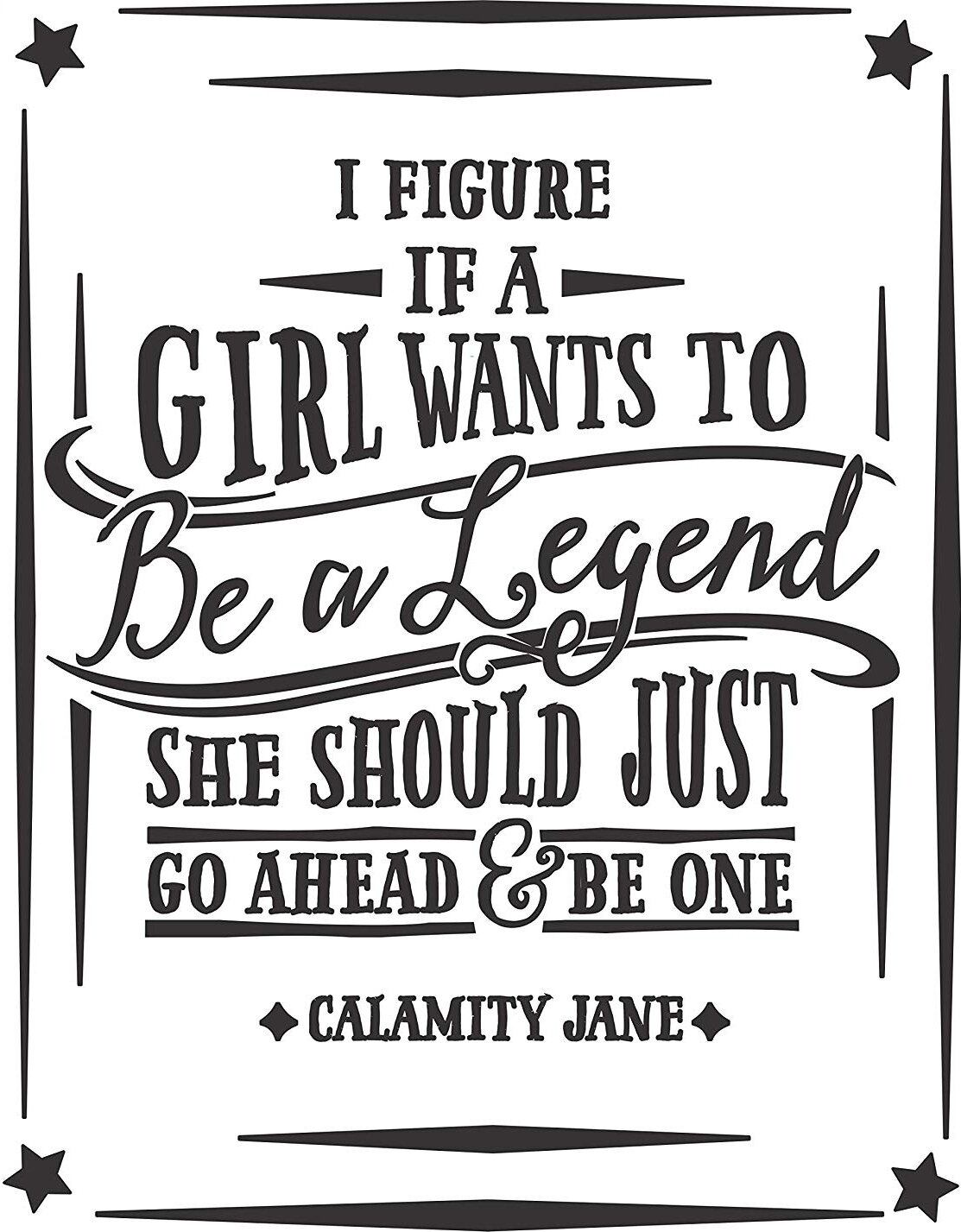Why I think mentorship programs and diversity initiatives are a bunch of B.S.
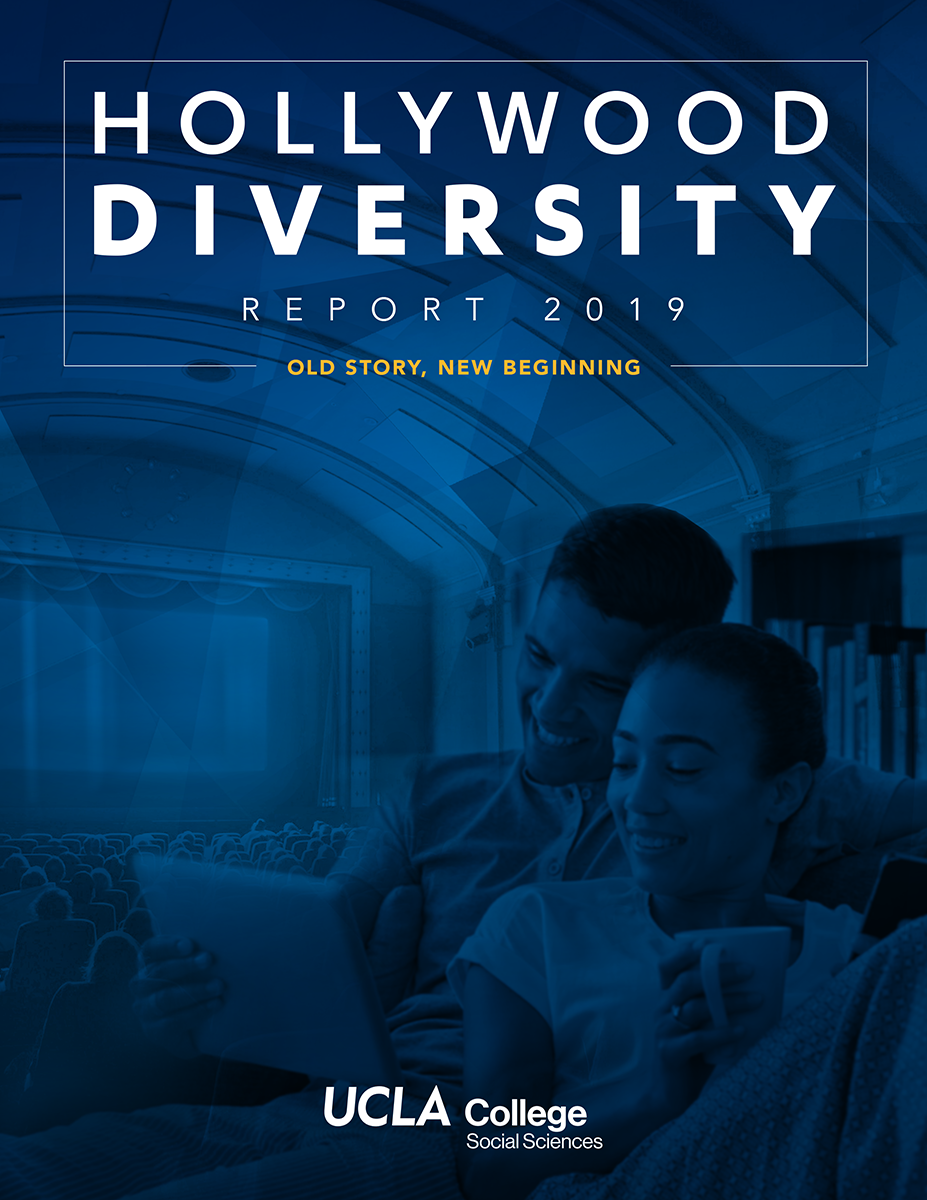 Mentorship programs, writing labs and diversity initiatives are a bunch of crap meant to ease women, people of color and LGBTQ who already know how to do their jobs into fields dominated by men so men won't suddenly panic at the idea that we want a piece of that pie you've been hoarding for the past one hundred years.I hate to break it to you Hollywood, but we already know how to write, direct, light a scene, dress actors, edit film, and market our work, but instead of being hired in any significant numbers to DO those jobs, as women, people of color or LGBTQ, we have to compete for limited space in workshops and labs and mentorship programs to deliver us as quietly as possible into positions any recent college grad gets as long as he's a white male who went to the "right school" and knows someone in the industry."Fellowships" and "shadowing" and writers labs are, by their very nature, nothing more than an excuse to drag the process of hiring us to do our jobs out as long as humanly possible. Spend a weekend, or a week, or a year being mentored by people in the industry with the distant (and typically vague) promise of employment and you too can become a "Hollywood success story." But entry into Hollywood, which once used to take on average five to seven years, can take twenty years or longer now despite an explosion in streaming platforms and the desperate need for content.And if I sound "bitter" you're goddamned right I am. If one more person tells me its all about a good script when you can't get a script in front of anyone without representation and you can't get representation if you aren't already represented, and the top spot on the Black List this year went to a script no one could finish, then you can just move along. Because when Apple TV announced the launch of their new streaming platform, every writer I know was overcome with the idea that at long last, the logjam to a career in Hollywood would miraculously be broken.Only every single deal Apple TV made went to someone who already had more access in Hollywood than they knew what to do with. I get that Jennifer Aniston and Reese Witherspoon are bigger names than I will likely ever be, but everyone who got a deal with Apple went to the same small gene pool for content that everyone goes to, and any writer with a new idea who wasn't already part of the inner circle wound up with their noses pressed against the glass while Steven Spielberg and Oprah Winfrey and Tom Hanks partied inside and did their best to ignore us.I'm not naive enough to think that anyone should hire me to do anything just because I want them to. I've done the hard work; I went to film school, I've studied screenwriting for decades, I've won screenwriting awards, I had a short movie made, I won a Sloan Foundation grant, I had an agent (who dropped me because he "knew better "than I did about what is arguably the most commercial script I've ever written), I've been mentored and coached and picked to pieces by writers and script consultants and producers and executives until "death by a thousand cuts" would almost be a welcome relief and yet one script I wrote was described by a Black List reader as "box office gold that would attract an A list cast and clean up at awards time." For awhile it was on the red list on Coverfly, but without an agent, it sits parked on my computer which isn't why I spent months writing it.Another script I wrote based on a true story about rhino poaching in the Eastern Cape couldn't be more timely if I tried and yet the CAA agents who read it called and asked, "why this story, why now?" I don't know? Because rhino poaching? The script has been called powerful and the main character, incredibly compelling, but more than one person has commented that a secondary character talks about playing a poker game but since we never actually SEE him play poker the scene isn't effective because, you know, if you don't SEE the poker game then how do we know he actually plays poker?
Mentorship programs, writing labs and diversity initiatives are a bunch of crap meant to ease women, people of color and LGBTQ who already know how to do their jobs into fields dominated by men so men won't suddenly panic at the idea that we want a piece of that pie you've been hoarding for the past one hundred years.I hate to break it to you Hollywood, but we already know how to write, direct, light a scene, dress actors, edit film, and market our work, but instead of being hired in any significant numbers to DO those jobs, as women, people of color or LGBTQ, we have to compete for limited space in workshops and labs and mentorship programs to deliver us as quietly as possible into positions any recent college grad gets as long as he's a white male who went to the "right school" and knows someone in the industry."Fellowships" and "shadowing" and writers labs are, by their very nature, nothing more than an excuse to drag the process of hiring us to do our jobs out as long as humanly possible. Spend a weekend, or a week, or a year being mentored by people in the industry with the distant (and typically vague) promise of employment and you too can become a "Hollywood success story." But entry into Hollywood, which once used to take on average five to seven years, can take twenty years or longer now despite an explosion in streaming platforms and the desperate need for content.And if I sound "bitter" you're goddamned right I am. If one more person tells me its all about a good script when you can't get a script in front of anyone without representation and you can't get representation if you aren't already represented, and the top spot on the Black List this year went to a script no one could finish, then you can just move along. Because when Apple TV announced the launch of their new streaming platform, every writer I know was overcome with the idea that at long last, the logjam to a career in Hollywood would miraculously be broken.Only every single deal Apple TV made went to someone who already had more access in Hollywood than they knew what to do with. I get that Jennifer Aniston and Reese Witherspoon are bigger names than I will likely ever be, but everyone who got a deal with Apple went to the same small gene pool for content that everyone goes to, and any writer with a new idea who wasn't already part of the inner circle wound up with their noses pressed against the glass while Steven Spielberg and Oprah Winfrey and Tom Hanks partied inside and did their best to ignore us.I'm not naive enough to think that anyone should hire me to do anything just because I want them to. I've done the hard work; I went to film school, I've studied screenwriting for decades, I've won screenwriting awards, I had a short movie made, I won a Sloan Foundation grant, I had an agent (who dropped me because he "knew better "than I did about what is arguably the most commercial script I've ever written), I've been mentored and coached and picked to pieces by writers and script consultants and producers and executives until "death by a thousand cuts" would almost be a welcome relief and yet one script I wrote was described by a Black List reader as "box office gold that would attract an A list cast and clean up at awards time." For awhile it was on the red list on Coverfly, but without an agent, it sits parked on my computer which isn't why I spent months writing it.Another script I wrote based on a true story about rhino poaching in the Eastern Cape couldn't be more timely if I tried and yet the CAA agents who read it called and asked, "why this story, why now?" I don't know? Because rhino poaching? The script has been called powerful and the main character, incredibly compelling, but more than one person has commented that a secondary character talks about playing a poker game but since we never actually SEE him play poker the scene isn't effective because, you know, if you don't SEE the poker game then how do we know he actually plays poker?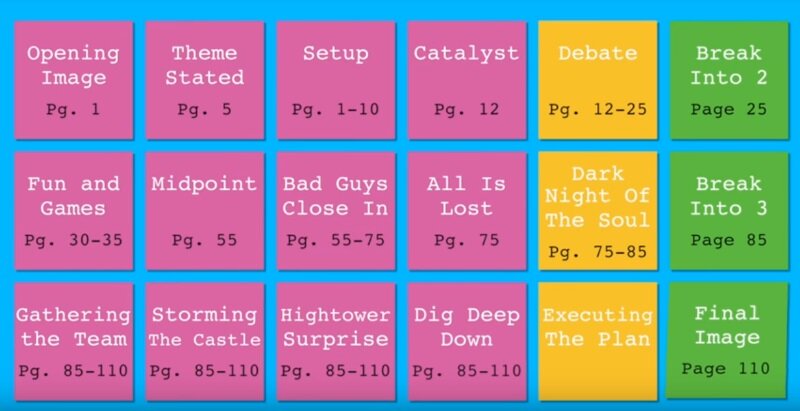 Which brings me to the point of this particular blog.There are a shit ton of people out there ready to take advantage of writers, either by charging $40 to $100 per script to enter script writing competitions (add-ons like notes not included), by charging $30 to "host" a script and $75 for a read (The Black List, which is a whole other blog post in itself, and not a good one, in case you were wondering), with coaching programs and mentorship opportunities...and yet an agent at APA I talked to said 90 percent of agents don't give a damn about writers who win screenplay competitions. They want something they can sell NOW and a lot of script competitions reward writers for being "deep" when "deep" isn't always commercial. No agent wants to spend their time sending out scripts that are hard to sell (like period pieces, for which I am clearly guilty), they want a sure thing and since a sure thing in Hollywood depends on more factors than you can possibly begin to imagine, finding the unicorn offspring of the Loch Ness Monster would be a whole lot easier.
Which brings me to the point of this particular blog.There are a shit ton of people out there ready to take advantage of writers, either by charging $40 to $100 per script to enter script writing competitions (add-ons like notes not included), by charging $30 to "host" a script and $75 for a read (The Black List, which is a whole other blog post in itself, and not a good one, in case you were wondering), with coaching programs and mentorship opportunities...and yet an agent at APA I talked to said 90 percent of agents don't give a damn about writers who win screenplay competitions. They want something they can sell NOW and a lot of script competitions reward writers for being "deep" when "deep" isn't always commercial. No agent wants to spend their time sending out scripts that are hard to sell (like period pieces, for which I am clearly guilty), they want a sure thing and since a sure thing in Hollywood depends on more factors than you can possibly begin to imagine, finding the unicorn offspring of the Loch Ness Monster would be a whole lot easier.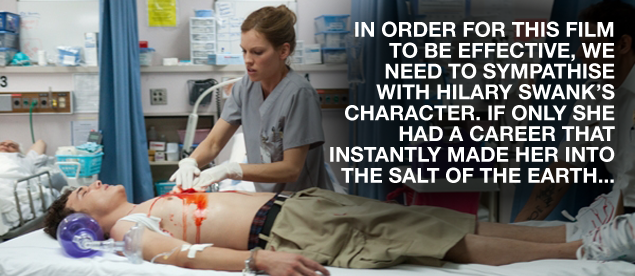 Let's start with the cottage industry in what currently constitutes "a good script" in Hollywood. Standards have changed over the years and maybe that's as it should be. It used to be narrative was unlimited and if someone like Preston Sturges wanted to go on forever in one of his scripts, then so be it.But let me give you two examples of scripts that never would have been made into films today based on the current climate where you have to show everything, you can't "tell a director their job based on such unforgivable caveats as adding "CUT TO" between scenes, you can't tell an actor their job based on parenthetical comments, but you DO have to be sure to tell them how a character is feeling , so you have to SHOW what they are feeling even though showing what a character is feeling is actually what ACTING is all about, and even then, you have to be both brief and detailed with respect to narrative clues so no one will get offended that you, as the writer, who has spent decades learning your craft and your characters and perfecting your story, have any vision, input or emotional connection regarding the material YOU created by reaching deep into YOUR soul to create something meaningful that, with any luck, will give hundreds of people jobs and move an audience to spend their hard earned money.The notes I've gotten on my work have been so insanely picky that I actually had a single word in a line of dialogue debated to death. Should she say, "yes" at the end of this sentence, and if she does, then show us how saying this line, or not saying this line, works for this character, and does it change the overall tenor of the script?From an industry, I might add, that made CATS, which, in this case, is enough said.So here are my two examples:
Let's start with the cottage industry in what currently constitutes "a good script" in Hollywood. Standards have changed over the years and maybe that's as it should be. It used to be narrative was unlimited and if someone like Preston Sturges wanted to go on forever in one of his scripts, then so be it.But let me give you two examples of scripts that never would have been made into films today based on the current climate where you have to show everything, you can't "tell a director their job based on such unforgivable caveats as adding "CUT TO" between scenes, you can't tell an actor their job based on parenthetical comments, but you DO have to be sure to tell them how a character is feeling , so you have to SHOW what they are feeling even though showing what a character is feeling is actually what ACTING is all about, and even then, you have to be both brief and detailed with respect to narrative clues so no one will get offended that you, as the writer, who has spent decades learning your craft and your characters and perfecting your story, have any vision, input or emotional connection regarding the material YOU created by reaching deep into YOUR soul to create something meaningful that, with any luck, will give hundreds of people jobs and move an audience to spend their hard earned money.The notes I've gotten on my work have been so insanely picky that I actually had a single word in a line of dialogue debated to death. Should she say, "yes" at the end of this sentence, and if she does, then show us how saying this line, or not saying this line, works for this character, and does it change the overall tenor of the script?From an industry, I might add, that made CATS, which, in this case, is enough said.So here are my two examples: BUTCH CASSIDY AND THE SUNDANCE KID.I watched this movie a few days ago, for the first time in years, and yet, as I watched this time I found myself offering the types of criticisms I hear about screenplays, and no, not just mine.1) The whole sepia tone beginning. What's that about? Who are these people and why do we care about them? I mean, yes, we know its Redford and Newman, but in the original script, we wouldn't have known either thing, so what's the deal?"2) Why invest so much time with the Hole in the Wall gang when we never see any of these characters again and they don't factor into the story long term? The sepia tone montage at the beginning doesn't tell us who any of these characters are, so why go to all the trouble of introducing them if there's no pay off?3) The "relationship" between Butch and Woodcock is great, but Woodcock is clearly a character meant to move the story along and has no lasting impact on the story so he should be cut.4) We never meet E.H Harriman. Who is he? What is his story? The characters talk a lot about him, but we should have a few scenes where we meet Harriman and learn his story.5) After the botched train robbery, the men pursuing Butch and Sundance are never introduced. We don't "see" the Indian at the hotel talking about how he can track anyone, and we don't "see" LaFarge but are told in dialogue that he's a lawman from Wyoming. If these guys are pursuing Butch and Sundance we need to know more about them.6) The Sheriff that Butch and Sundance try turning themselves in to midway through the script? He comes in too late. He's in just one scene. He's clearly there to advance the plot and nothing else, so his character needs to be cut.I could go on, but you get the point. And anyway, Michael told me to shut up and watch the movie.In another example (this one a lot shorter, but also involving Robert Redford), OUT OF AFRICA is, in my opinion, one of the most perfect screenplays ever written. I mean, the china has its own storyline...
BUTCH CASSIDY AND THE SUNDANCE KID.I watched this movie a few days ago, for the first time in years, and yet, as I watched this time I found myself offering the types of criticisms I hear about screenplays, and no, not just mine.1) The whole sepia tone beginning. What's that about? Who are these people and why do we care about them? I mean, yes, we know its Redford and Newman, but in the original script, we wouldn't have known either thing, so what's the deal?"2) Why invest so much time with the Hole in the Wall gang when we never see any of these characters again and they don't factor into the story long term? The sepia tone montage at the beginning doesn't tell us who any of these characters are, so why go to all the trouble of introducing them if there's no pay off?3) The "relationship" between Butch and Woodcock is great, but Woodcock is clearly a character meant to move the story along and has no lasting impact on the story so he should be cut.4) We never meet E.H Harriman. Who is he? What is his story? The characters talk a lot about him, but we should have a few scenes where we meet Harriman and learn his story.5) After the botched train robbery, the men pursuing Butch and Sundance are never introduced. We don't "see" the Indian at the hotel talking about how he can track anyone, and we don't "see" LaFarge but are told in dialogue that he's a lawman from Wyoming. If these guys are pursuing Butch and Sundance we need to know more about them.6) The Sheriff that Butch and Sundance try turning themselves in to midway through the script? He comes in too late. He's in just one scene. He's clearly there to advance the plot and nothing else, so his character needs to be cut.I could go on, but you get the point. And anyway, Michael told me to shut up and watch the movie.In another example (this one a lot shorter, but also involving Robert Redford), OUT OF AFRICA is, in my opinion, one of the most perfect screenplays ever written. I mean, the china has its own storyline...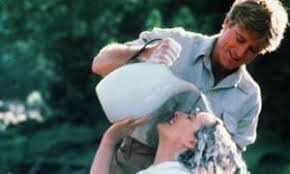 Here are just a few of the comments I made while watching this movie again recently, based on what I see happening in the wonderful world of Hollywood filmmaking as it stands today.Meryl Streep's character persuades her lover's brother to marry her after the lover marries someone else. (If this script were written today, she should WANT to marry him. Or as a feminist NOT marry him and go to Africa on her own.) He agrees because she has money. She wants his title but she also wants to make the brother suffer. But she doesn't WANT to go to Africa, so why does she go? And what DOES she want when she gets there? Her husband leaves to chase other women. She stays, but why? She doesn't she WANT to be there, so what does she hope to accomplish by staying? Does she WANT a coffee farm? Or servants? And if not, why not?She meets Finch Hatten fairly early on, but they don't become lovers until halfway through the movie. Big no no. BIG. HUGE actually. Partly because he's barely in the movie during the first half of the film, but mostly because he's the male lead and if this is a romance then as a main character their relationship HAS to be central to every page of the script at least the way Hollywood thinks about these things now.Anyway, Meryl Streep goes back to Denmark for treatment for syphilis which she contracts from her husband, but we don't see her in Denmark, we don't see the treatment, and she returns cured. Why is that? Finch Hatten goes off with Felicity, which we also don't see. And in the end, Meryl Streep/Isak Dinessen doesn't make the choice to go back to Denmark. The choice is made for her when the coffee plantation burns down, Finch Hatten dies, her husband divorces her, and she runs out of money. Its not a happy ending at all and even though everything is "resolved" in the end, she's not better off at the end of the script than she was at the beginning.
Here are just a few of the comments I made while watching this movie again recently, based on what I see happening in the wonderful world of Hollywood filmmaking as it stands today.Meryl Streep's character persuades her lover's brother to marry her after the lover marries someone else. (If this script were written today, she should WANT to marry him. Or as a feminist NOT marry him and go to Africa on her own.) He agrees because she has money. She wants his title but she also wants to make the brother suffer. But she doesn't WANT to go to Africa, so why does she go? And what DOES she want when she gets there? Her husband leaves to chase other women. She stays, but why? She doesn't she WANT to be there, so what does she hope to accomplish by staying? Does she WANT a coffee farm? Or servants? And if not, why not?She meets Finch Hatten fairly early on, but they don't become lovers until halfway through the movie. Big no no. BIG. HUGE actually. Partly because he's barely in the movie during the first half of the film, but mostly because he's the male lead and if this is a romance then as a main character their relationship HAS to be central to every page of the script at least the way Hollywood thinks about these things now.Anyway, Meryl Streep goes back to Denmark for treatment for syphilis which she contracts from her husband, but we don't see her in Denmark, we don't see the treatment, and she returns cured. Why is that? Finch Hatten goes off with Felicity, which we also don't see. And in the end, Meryl Streep/Isak Dinessen doesn't make the choice to go back to Denmark. The choice is made for her when the coffee plantation burns down, Finch Hatten dies, her husband divorces her, and she runs out of money. Its not a happy ending at all and even though everything is "resolved" in the end, she's not better off at the end of the script than she was at the beginning. The film defies every single solitary caveat for what constitutes a "good script" and yet it is absolutely brilliant in every possible respect.And not a single soul in Hollywood would make this movie today. I've been told that more than once.The latest draft of LUCKY 13 is amazing. Partly because of the advice I got from Diane Drake, but mostly because I decided to tell the story I wanted to tell. Because I included things that mean everything to the characters (and not a little to me) even though those things "break all the rules." One of those things involves a scene from another movie that is essential to who these characters are. Especially as women. Every single writer who's read the script has protested loudly that "you can't do that" and the scene, all of one page long (or one minute of screen time), just CANNOT be part of this movie. It MUST be cut. Because those are the rules.
The film defies every single solitary caveat for what constitutes a "good script" and yet it is absolutely brilliant in every possible respect.And not a single soul in Hollywood would make this movie today. I've been told that more than once.The latest draft of LUCKY 13 is amazing. Partly because of the advice I got from Diane Drake, but mostly because I decided to tell the story I wanted to tell. Because I included things that mean everything to the characters (and not a little to me) even though those things "break all the rules." One of those things involves a scene from another movie that is essential to who these characters are. Especially as women. Every single writer who's read the script has protested loudly that "you can't do that" and the scene, all of one page long (or one minute of screen time), just CANNOT be part of this movie. It MUST be cut. Because those are the rules.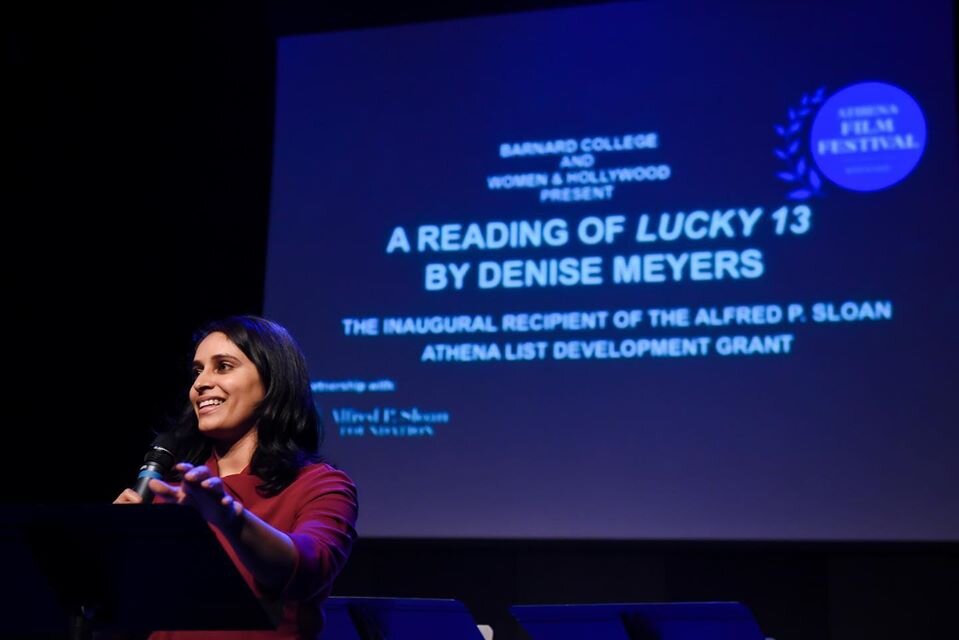 But without it, everything else that follows doesn't work.So mentorships, and writing labs and fellowships and all that stuff?I think micromanaging the holy fuck out of scripts and writers doing amazing work while recycling the same old worn out remakes and hiring the same writers over and over and over again is shortsighted in the extreme. I get that another Marvel movie or another Star Wars has a built in audience and the film business has always been about the bottom line. But I also know that people are hungry for good content. And whether a character says yes at the end of a sentence, or doesn't, isn't what makes makes an audience go to the movies. Hidden Figures made $252 million off a $25 million budget. I don't remember much of the dialogue and whether anyone said, yes, or no, or go wash the car, but I loved how it made me feel.
But without it, everything else that follows doesn't work.So mentorships, and writing labs and fellowships and all that stuff?I think micromanaging the holy fuck out of scripts and writers doing amazing work while recycling the same old worn out remakes and hiring the same writers over and over and over again is shortsighted in the extreme. I get that another Marvel movie or another Star Wars has a built in audience and the film business has always been about the bottom line. But I also know that people are hungry for good content. And whether a character says yes at the end of a sentence, or doesn't, isn't what makes makes an audience go to the movies. Hidden Figures made $252 million off a $25 million budget. I don't remember much of the dialogue and whether anyone said, yes, or no, or go wash the car, but I loved how it made me feel.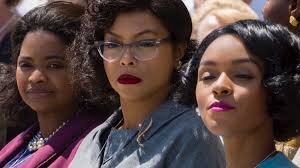 Women, people of color, LGBTQ are ready to go to work.So just fucking hire us already.Or don't.We're gonna take some of that pie anyway.Whether you like it or not.
Women, people of color, LGBTQ are ready to go to work.So just fucking hire us already.Or don't.We're gonna take some of that pie anyway.Whether you like it or not.